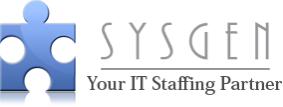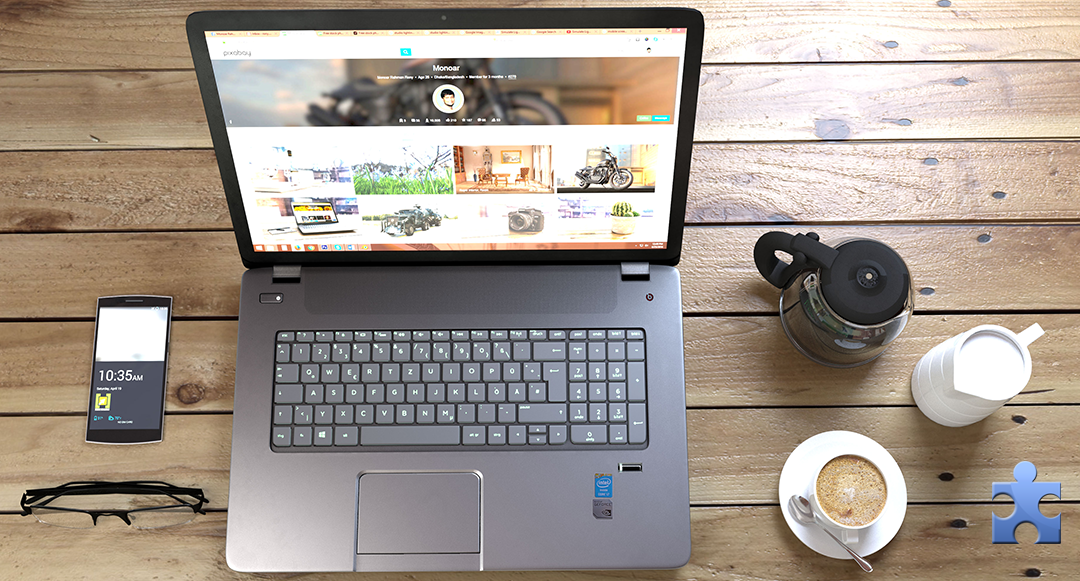We talked about how ranking in Google can help you land your dream job. We suggested you make a website, or a blog, and build your thought leadership through it.
Read: How Ranking in Google Will Help You Land a Job
There’s a section in every website, personal or corporate, that eager visitors usually go to — the About section.
If you are building a digital personal brand, crafting a great “About Me” page in your perfectly optimized and awesome website is as important as your entire digital visibility effort. Great content and a cool website won’t matter if your “About” section does not even do justice to who you are, what you do, and where you want to find yourself in the future (career-wise).
A terrific website is useless when your About section does not have any ooomph! Click To Tweet
The About Me Page
About pages are difficult to make. Imagine summarizing who you are, what you do, and how you’re different in a clear, concise, and confident way.
It’s like telling the world why you matter without bragging about it – the braggart’s dilemma.
While there are a few people I know who enjoys writing things about themselves (some fail at it miserably, others do really great), most people find this really difficult and uncomfortable.
So, how should we go about this “About Me” page?
First, think of it as a way to introduce yourself. It’s an introduction, so it does not have to be exhaustive. It’s great to make it sound professional but also with a little personal tone or touch to it.
But the first thing every writer, or marketer (you are both: you are marketing yourself, and you are writing about yourself) is to first know who your dream audience is.
And, write to them. Highlight the kind of work you want to be doing, and do so in your own voice.
Reflect and Write About Your Goals
Before you debate with yourself about your website’s design and layout, think about your goals first and reflect on them.
Find a quiet place and a convenient time to think about your career goals. Here are some guide questions that can help you:
Where do you see yourself in five years?
- What are your interests? (Stuff you want to do)
- What kinds of people do you want to work with? Who are your dream clients?
- What do you want people to do when and after they visit your website? Do you want them to hire you, subscribe to your blog, etc.?
- If someone were telling a potential client about you, what would you want them to say?
Before We Get Started: Note-taking
Make a list of the information you might want to include. At this point, don’t worry about the perfect words to say just yet. Start with the basic information you want to share.
The Basics
A simple bio with concrete facts goes a long way. Tell us who you are, where you’re from (if it matters to you), where you live, and what you do. Add a media if you have, say a photo, a video, or some slides. Most people are visual, so most people want to see something other than texts.
The Experience
Summarize your greatest achievements – those that you are most proud of. Link to publications, interviews, press mentions, events, and recent clients if applicable. Note that you don’t have to outline every job you have ever had in your “About Me” page. You can just put a download link to your comprehensive curriculum vita somewhere in the “About Me” page.
If you’re a freelancer, you may want to include a short list of skills or services you offer.
Professional, Yet Personal
You are writing for the web, and what you are writing is not a curriculum vita (CV). Don’t be afraid to get personal in your bio. Show your passion. Tell them what you love doing, eating, reading, listening to, or thinking about, or if have special talents, tell them, as long as everything you say helps you build your personal brand better, that’s your perimeter. Jot them down.
Remember: If someone visits your About page, it means they have expressed an interest in you as a person. Take note of projects, or previous clients you have had, or if there are any of your works up online, link them up, too.
The Call to Action
Remember to always tell people what to do next? What do you want people to do after meeting you or reading your bio? Point them in the right direction.
Are you hoping to do more public speaking, then invite them to contact you. Are you looking for clients or blog sponsors? Say so. Dedicate a section in your page advising your readers where, how, and when they can contact you. Think about the most appropriate and beneficial call-to-action for you.
Getting Started: Writing The Bio
Are you familiar with the Star Story Solution formula in writing powerful marketing copies? SSS stands for star, story, and solution. This is a popular copywriting formula that is character-focused and short.
In this formula, you are the star. You have a story to tell. And with you is a solution you can offer (probably a service, or a skill).
Star: The Headline
Briefly, introduce yourself. You can try this simple template:
I’m a ______.
I help ______ {make/build} ______.
When I’m not ______, you can find me ______.
Want to work together? I’d love to hear from you.
Play with its structure and rewrite until it sounds cool, and it sounds like you. Use this as the headline of your longer bio.
Story: The Bio
Tell them who you are, what you do, and what you are most proud of. Remember the drill earlier, about jotting down notes about your experiences?
Summarize your greatest achievements – those that you are most proud of. Tell it like you would to a friend with the purpose of persuading or moving them to hear you out, or do something else you want in mind. Tell your story with one goal at the back of your head: To get them do what you want them to do next.
Solution: What You Want From Them
End your “About Me” page with a call-to-action: What do you want them to do next? And, also, with an impression: What do you want them to remember you for? Most importantly, if you are selling yourself (I mean, what you can do), end by emphasizing how you can help them with their pains.
If you are offering services, like freelance writing, photography/videography, or life-coaching services, then tell them to consider the benefits of hiring you. Ask them to contact you if they need your service.
You may also ask them to subscribe to you, and I’m sure they will after learning your story.
Arrange the Puzzle Pieces and Make them Fit
Your focus is to alleviate a pain; to answer questions you would expect your dream clients to have. That’s where you will start as you build your personal showcase. Now, look at this diagram.
A helpful diagram about your portfolio: pic.twitter.com/dyT0geHobH
— Mitch Goldstein (@mgoldst) February 18, 2015
Still having troubles visualizing what your “About Me” page should look like? Here are some of my favorites:
Note: Don’t copy them. Just notice how they use language, and how creative they were in presenting themselves. Note how they use formal titles, casual language register, or a combination of formal and casual wordings. See what you can learn from them.
Draft your content and remember the following:
- Make it sound like you. Write them the way you’ll say them to a friend. Avoid too much jargons, unless your clients are looking for common industry catchphrases like SEO, web design, copywriting, and responsive web design among others.
- Be honest. Be upfront. It’s better to say things you don’t want to be doing. Say you want to work along, instead of with a team. It’s better, to be honest in your page, than having to tell your client your dislikes during your first client meeting.
- Keep it short and sweet. Verbosity is not cool. Stick with the main idea and limit your paragraphs to about one or two sentences (simple sentences, if possible).
- Read it out loud. Editing is about listening, so listen to your writing. You may want to record yourself while reading it and ask yourself is it is clear, concise, and compelling? Is it authentic? Does it sound like you?
Keep Refining It
You can never write a perfect “About Me” page the first time. The good thing about writing for your one website is that you can change your published posts anytime you want.
Ask for feedback. See if people write to you with better questions, questions you should have answered in the page to begin with. See if people spend more time on your site, and what they are trying to look for in there (yes you can know visitor behaviors using Google Analytics and Kissmetrics).
When should you make adjustments? For starters, when you change your career goals, or if you have a better idea of what you want to do, or what your target clients really want, you may refine your page to serve your needs.
Good luck!

